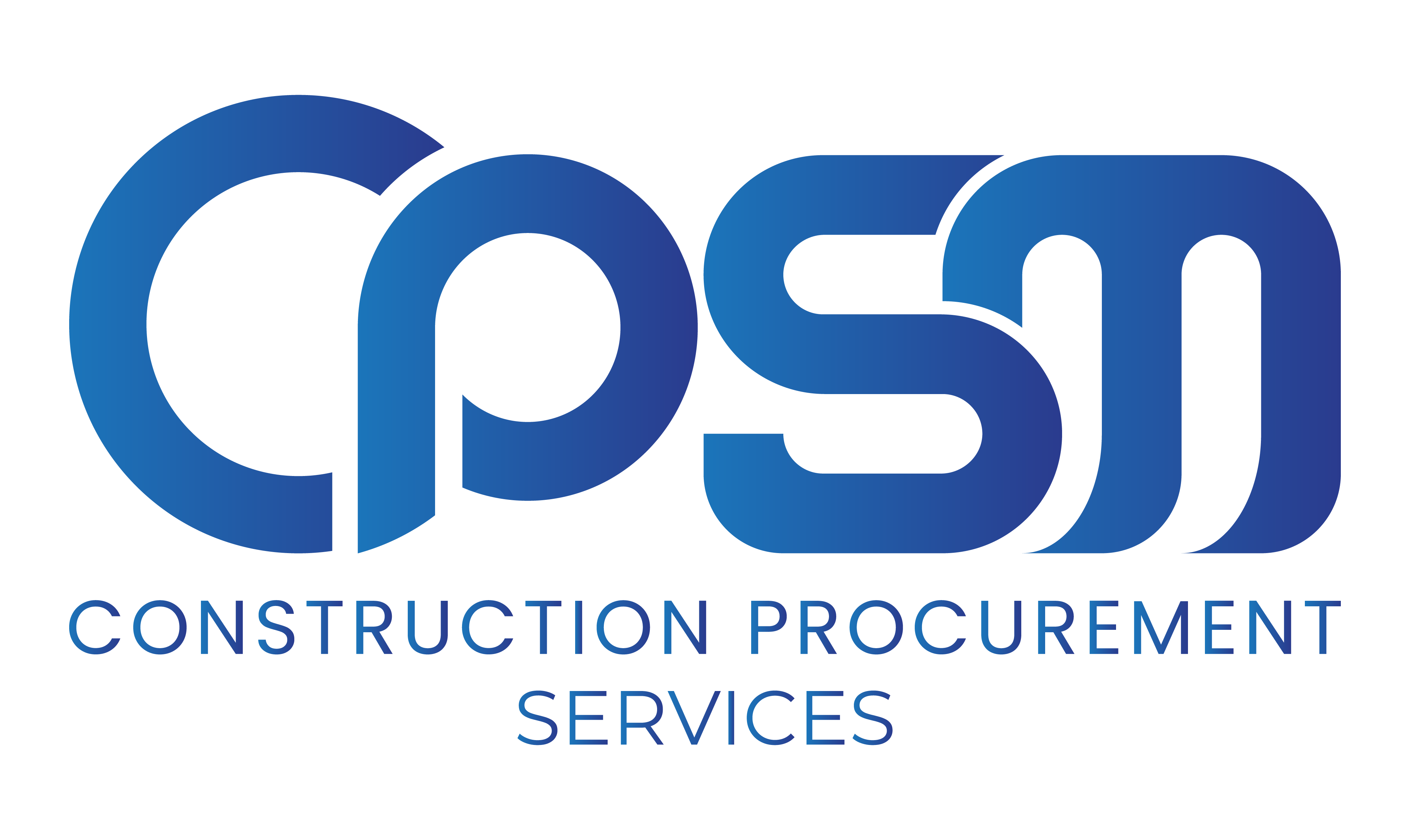Loading...


Services
Why do you need to outsource, and how should you do it? What scenarios lead company managers to consider outsourcing procurement?
Expanded Supplier Options
In-house procurement often faces the challenge of limited supplier options, potentially leading to missed opportunities and reduced flexibility. Procurement outsourcing, on the other hand, provides access to a broader pool of suppliers. By leveraging a global network, organizations can tap into diverse markets, fostering innovation and securing cost-effective solutions.
Enhanced Negotiation Power
Negotiating favorable terms is a crucial aspect of procurement, and outsourcing provides a distinct advantage in this regard. In-house teams often negotiate with limited leverage due to smaller individual transaction volumes. However, by consolidating procurement needs across multiple clients, outsourcing providers can negotiate on a collective volume basis
Effective Short-Term Workload Management
In dynamic business environments, workloads can vary significantly, creating challenges for in-house procurement teams to efficiently manage short-term surges in demand. Procurement outsourcing allows organizations to scale resources based on current needs. External providers can rapidly adjust their staffing levels to accommodate fluctuating workloads
Balancing Business Volume and Team Size
Striking the right balance between business volume and team size is a perpetual challenge for organizations. In-house procurement teams may find it difficult to align their resources with varying business requirements. Procurement outsourcing offers a solution by providing scalable services.
Adopting Advanced Practices and Technology
Traditional in-house procurement teams often rely on conventional methods, potentially lagging in terms of efficiency and innovation. Outsourcing procurement introduces specialized expertise and the integration of advanced technologies. External providers invest in training their teams and implementing cutting-edge procurement tools.

